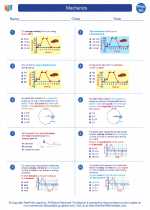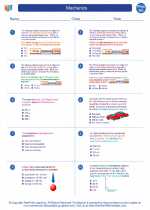Thymus
The thymus is a specialized primary lymphoid organ of the immune system. It is located in the chest, just above the heart and behind the sternum. The thymus plays a crucial role in the development and maturation of T-lymphocytes or T-cells, which are a type of white blood cell involved in the adaptive immune response.
Structure of the Thymus
The thymus is composed of two lobes and is divided into an outer cortex and an inner medulla. The cortex contains immature T-cells, while the medulla contains more mature T-cells. The thymus is also rich in specialized epithelial cells and dendritic cells that support the maturation of T-cells.
Function of the Thymus
The thymus plays a crucial role in the development and education of T-cells. During early development, T-cell precursors from the bone marrow migrate to the thymus. Within the thymus, these immature T-cells undergo a process of maturation and selection. This process involves the elimination of T-cells that could potentially target the body's own tissues (self-reactive T-cells) and the preservation of T-cells capable of recognizing and responding to foreign pathogens.
Study Guide
- Describe the location of the thymus in the human body.
- Explain the structure of the thymus, including the cortex and medulla.
- Discuss the function of the thymus in the immune system, focusing on the maturation and selection of T-cells.
- Explain the role of the thymus in preventing autoimmune diseases.
- Compare and contrast the function of the thymus with other lymphoid organs, such as the spleen and lymph nodes.
Understanding the structure and function of the thymus is essential for comprehending the role of this organ in the immune system and its significance in maintaining overall health.



